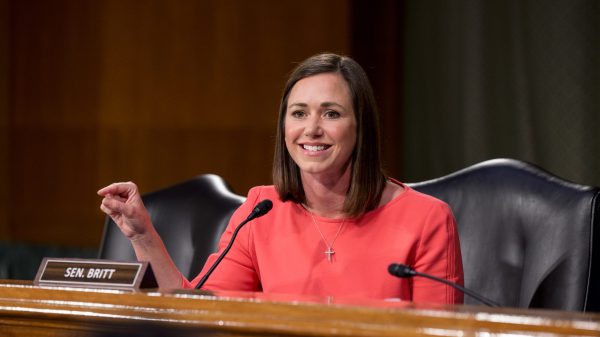The Alabama Department of Agriculture and Industries announced Tuesday that growers and handlers of organic agricultural products can recover part of the cost associated with their USDA certification.
The reimbursement covers 50 percent of certification costs up to a maximum of $500.
The cost-share program makes it easier for farmers and food processors to become certified organic businesses throughout the supply chain by recouping the costs associated with the complicated and sometimes cumbersome USDA organic certification process.
“Farmers who choose to become a USDA certified organic operation have additional expenses upfront to make the transition,” said Agricultural Commissioner Rick Pate. “We hope our farmers will participate in the program so we can help them add value to their products.”
The Alabama Department of Agriculture and Industries will administer this USDA non-competitive grant program by processing applications for cost share funds and issuing reimbursements to eligible applicants.
U.S. sales of certified organic food and products reached $50 billion in 2017. This is more than 5 percent of all grocery store sales, including approximately 10 percent of all produce sales.
The global market for organics is worth $90 billion, according to the 2018 edition of the study “The World of Organic Agriculture” published by the Research Institute of Organic Agriculture and IFOAM–Organics International.
According to the study, consumer demand for organic products is increasing, encouraging more farmers to cultivate organically. This means that more land is being certified as organic.
A report by BlueWeave Consulting predicts that the U.S. organic food market will be worth more than $375 billion by 2025.
USDA safeguards organic standards. Before 1990, states could develop their own standards for organic food production and processing. That system caused problems when organic products crossed state lines. It was also confusing for consumers.
In 1990, Congress passed the Organic Foods Production Act to establish a uniform national organic standards and certification program. Under OFPA, enacted under the 1990 Farm Bill, the U.S. Department of Agriculture set up the National Organic Program and also created the National Organic Standards Board, an advisory board responsible for advising the secretary of agriculture on organic standards.
While a farm may operate organically, in order to use the certified organic label it has to be certified by USDA and sometimes that process can be costly. Other farmers and food companies may have to make changes to how their products are made or grown in order to be certified organic.
ADAI distributes funds on a first-come, first-served basis until funds are exhausted. The rebates are available to cover certification expenses paid for the period of Oct. 1, 2020, until Dec. 15, 2020.
Application forms and additional details can be obtained by calling Johnny Blackmon with the ADAI at 334-240-7257 or by email at [email protected]. Applicants may also apply at local USDA Farm Service Agency offices. To locate the office nearest you, click here. All applications must be submitted by Dec. 31, 2020.


















































